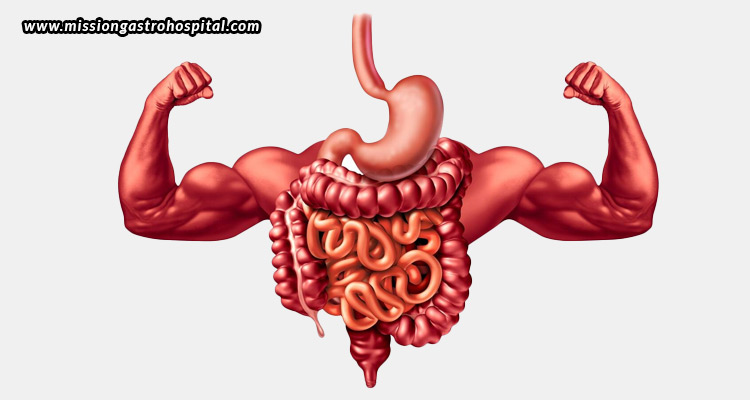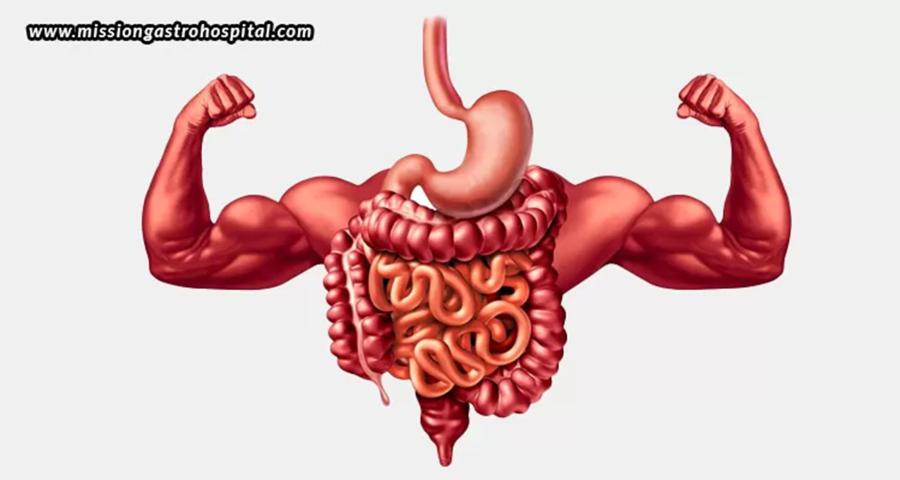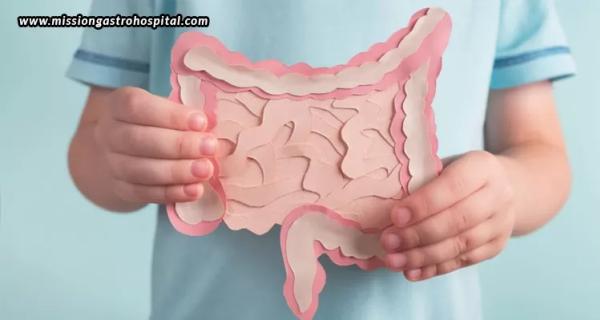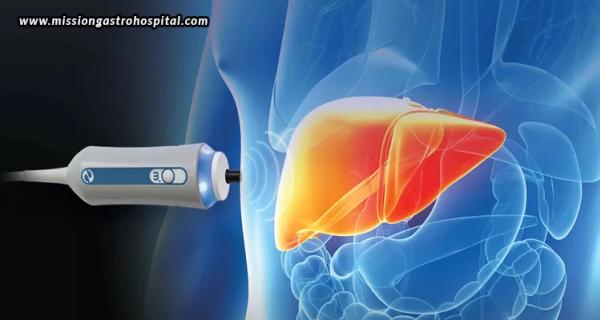
As the monsoons have arrived, so have digestive despairs like upset stomach, diarrhoea, constipation, bloating, abdominal cramps, and vomiting. Digestion problems are more prevalent during the monsoon season because of the elevated humidity and the growth of germs and viruses. This season brings a surge of ailments, brought on through contaminated water and food, turning delightful rain into a digestive ordeal. It becomes crucial more than ever to stay vigilant and take proactive measures to maintain your digestive health during this challenging season. In fact, maintaining a healthy digestive system is essential to overall well-being. The immune system, waste removal, and nutrition absorption are all significantly influenced by the digestive system. Here are some general tips and best practices to keep your digestive system in top shape, monsoons or not. By following these best practices, you can minimize the risk of digestive issues and maintain a healthy digestive system.
Consuming a well-rounded diet
Having a balanced diet rich in fruits, vegetables, whole grains, legumes, and other high-fibre foods is crucial to maintaining the health of your digestive system. By keeping food flowing through your digestive system, fibre helps to maintain regular bowel motions and prevent constipation. Lean proteins are easier to digest and less likely to cause discomfort than fatty meats, so choose fish, poultry, and plant-based sources like beans and lentils. Consuming lipids that are beneficial to the digestive system and aid in nutritional absorption may come from foods like avocados, nuts, seeds, and olive oil. Together with prebiotics from foods like bananas, onions, and garlic, probiotics from foods like yoghurt, kefir, sauerkraut, and other fermented goods help maintain a healthy balance of gut flora. It’s also very important to stay hydrated throughout the day by drinking lots of water. This will assist breakdown fats and soluble fibre and make it easier for them to travel through your digestive system.
Eating conscientiously
Conscious eating may significantly enhance digestion. Chew your meal well to aid in digestion and prevent stomach strain. This improves nutrient absorption and helps your stomach break down the food. By giving your brain more time to register fullness, chewing well also helps you avoid overindulging and the unpleasant side effects that come with it. Eating slowly also lowers the chance of overindulging and digestive problems like gas and bloating. Maintain regular eating schedules and refrain from missing meals; eating at regular intervals throughout the day can assist to normalize your digestive system, stabilize your metabolism, and guarantee constant energy levels. Meal schedule regularity promotes the best possible digestive processes and lowers the risk of constipation and other gastrointestinal issues. Developing mindful eating practices can help you feel better overall and with your digestive system.
Avoiding common digestive triggers
Steer clear of frequent digestive triggers, such as meals heavy in fat, as these can impede digestion and cause discomfort. Instead of frying, go for healthier cooking techniques like baking, grilling, or steaming. If you have a sensitivity to spicy meals, try reducing your consumption as they might irritate the digestive tract and cause heartburn or indigestion in certain individuals. Drink alcohol and caffeine in moderation and be aware of how they impact your body as they might irritate your digestive tract and lead to problems like heartburn or diarrhoea. Choose as many whole, unprocessed foods as you can because processed meals frequently contain chemicals, preservatives, and harmful fats that might affect gut health.
Exercising regularly
Being overweight, especially in the area around your belly, can put pressure on your stomach. Therefore, maintaining a healthy weight through regular exercise can help avoid problems like acid reflux and heartburn. Frequent exercise, such as swimming, cycling, and walking, keeps food flowing through your digestive tract and lowers your chance of constipation. Try to engage in moderate activity for at least half an hour in order to support healthy digestion. This increases metabolism and improves circulation, which not only helps in maintaining a healthy weight but also improves general well-being. Regular exercise tones the abdominal muscles, which further supports and enhances the operation of the digestive organs. Regular exercise also helps lower stress, which is known to have a detrimental effect on the digestive tract. In short, regular exercise can help maintain a healthy digestive system and stave against typical problems brought on by poor digestion.
Managing stress
Stress may significantly affect your digestive system and cause problems like ulcers, IBS, and indigestion. Your digestive system’s regular operation can be interfered with by your body’s fight-or-flight reaction during stressful situations, leading to symptoms such as bloating, stomach discomfort, and altered bowel patterns. It’s thus crucial to engage in stress-reduction practices like meditation, yoga, or deep breathing exercises to lessen these effects. These techniques can ease mental tension and lessen the negative physical consequences of stress on the body. Make sure you get enough sleep as well, since insufficient sleep can worsen stress and impair digestion. Additionally, engaging in enjoyable hobbies and leisure may greatly reduce stress. Your general health and digestive system can be supported by adopting these stress-reduction techniques into your everyday routine.
Giving up smoking
Smoking has a detrimental effect on the digestive tract and can aggravate disorders like acid reflux, and ulcers. Acid reflux is a condition caused by the dangerous compounds in tobacco that weaken the lower oesophageal sphincter, enabling stomach acid to reflux back into the oesophagus. Additionally, smoking raises the risk of stomach acid reflux by decreasing the formation of bicarbonate, which is known to balance acid, and increasing the amount of stomach acid produced. Furthermore, smoking can reduce blood flow to the digestive system, which can impede recovery and exacerbate illnesses like Crohn’s disease. Giving up smoking can help your digestive system function much better and lower your risk of developing these and other major health problems. Your body starts to mend after you stop smoking, and your digestive system can begin to operate more efficiently. This helps with general health improvement in addition to improving digestion. Making the decision to stop smoking can thus have long-term positive effects on your digestive system and overall health.
Knowing when to seek medical advice
Last but not least, if you encounter recurring symptoms like intense stomach discomfort, altered bowel habits, unexplained weight loss, or blood in your stool, seek medical attention. These signs may point to underlying digestive problems that need to be treated right away. The prompt identification and management of digestive issues can avert complications and greatly enhance overall health consequences. Ignoring these symptoms might result in more severe, more difficult-to-treat illnesses. Maintaining the health of your digestive system can be aided by routine gastroenterologist examinations and consultations. Known for having the best gastroenterologists in Ahmedabad, Mission Gastro Hospital is an excellent choice for expert medical care. To address any digestive issues, the skilled staff here can offer thorough assessments and specialized treatments, guaranteeing you receive the best care possible for optimum digestive health. So, prioritize your digestive well-being, and contact Mission Gastro Hospital’s experts if you have any persistent or worrisome symptoms.
In conclusion, a balanced diet, consistent exercise, stress reduction, and mindful eating practices all contribute to maintaining a healthy digestive system. You can improve your overall health and digestive wellness by implementing these life>
Resource: Read more




